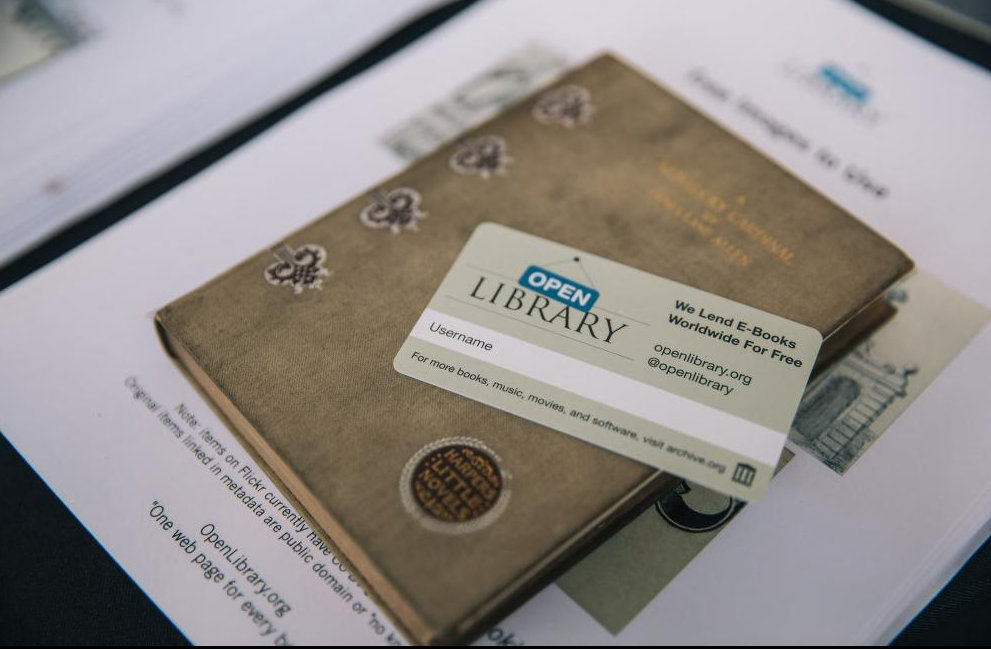In February of this year, the Internet Archive was chosen as one of eight semi-finalists in the MacArthur Foundation’s 100&Change grant competition, which will award the winner with $100 million to address an urgent problem of worldwide importance. The Internet Archive’s Open Libraries proposal is a bold and ambitious plan which would digitize over 4 million books and put them in the hands of readers around the world, many of whom face significant barriers to accessing knowledge. Making works available on this unprecedented scale would clearly be a tremendous benefit not only for students, scholars, researchers, and the general public—but also for authors.
As an organization dedicated to widespread access to information for the public good, many of our members have firsthand knowledge of the issues the Open Libraries project aims to solve. The Internet has made information and creative works available in ways unimaginable just a generation ago, but its potential in this regard is still largely unrealized. Authors face a host of technical, legal, and financial barriers that prevent them from sharing their works that are out of print, un-digitized, and/or subject to copyrights signed away long before the digital age. Rights reversion and terminations of transfers may be an option for some authors to regain rights (as the Authors Alliance collection of books in the Internet Archive can attest), but the fact remains that millions of books—especially those that have fallen out of print—are, for all intents and purposes, unavailable.
For many readers around the world, digitized books are not merely a more convenient means to access works—they may be the only way to do so. Even if a book happens to be available in a local library, there are many readers who are nonetheless unable to access it due to infirmity or a print disability. Readers in the developing world are hungry for knowledge, but their access to it is often severely limited. Online books may well be their only route to an education and its lifelong benefits. Many authors care deeply about making sure their works are available to these readers, and worry that gaps in digital availability prevent these readers from accessing their books.
Digital libraries also create new opportunities for authors from under-represented communities to reach readers. Communities of color, the disabled, students, seniors, the incarcerated, LGBTQI people, and religious minorities are just some of the voices that have historically been at the margins of mainstream publishing. By proactively identifying and including vast numbers of works that may be largely unavailable via traditional channels, the Internet Archive would dramatically increase the diversity of knowledge available online, and put it in the hands of those who would otherwise have limited or no access.
A new round of finalists for the 100&Change grant will be announced in September. We at Authors Alliance wish the Internet Archive success as the competition moves forward throughout this summer and fall!

